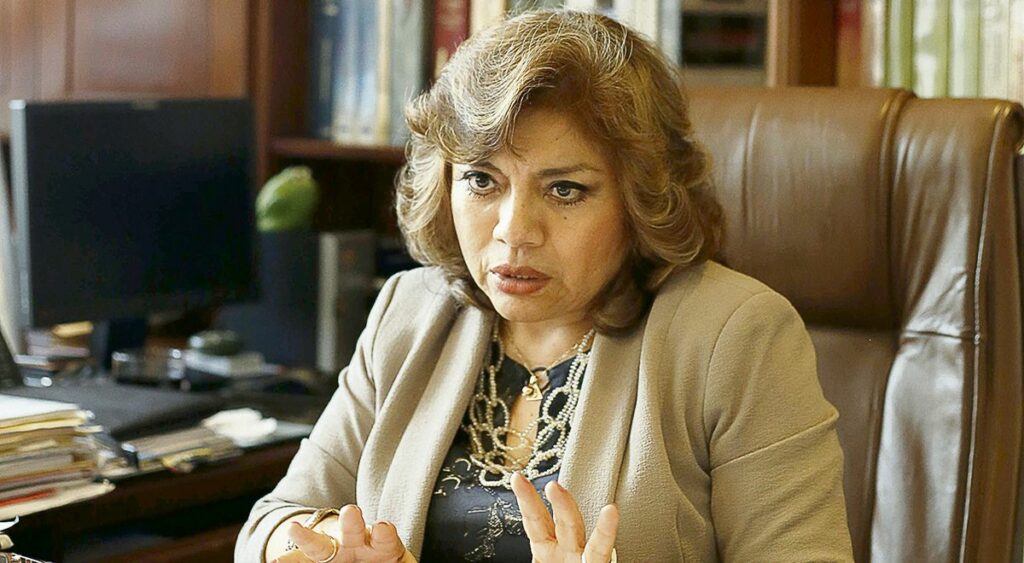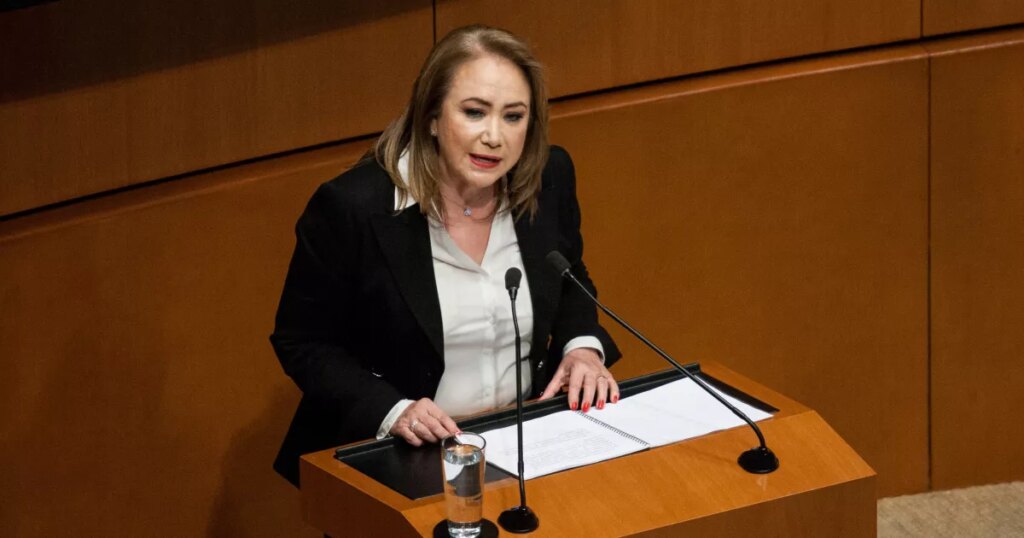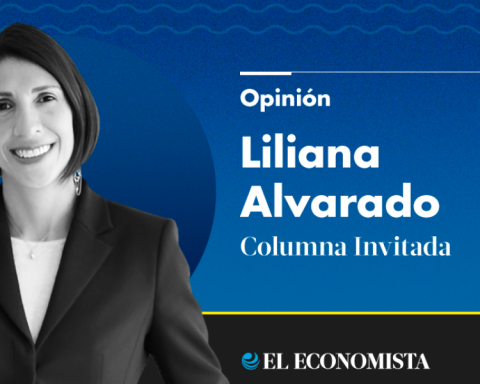A time for celebration but also for introspection
“Calm and modest life brings more happiness than the pursuit of success combined with constant agitation”. The phrase belongs to the physicist Albert Einstein, who, in addition to pushing humanity into a new era in applied science, left a series of reflections on the Universe, the existence of a supreme being, and man’s constant need to find answers to questions. that challenge the existential.
“Man finds God behind every door that science manages to open” the wise man of relativity also said, who, on the other hand, could not be cornered with biblical quotes in apparent open contradiction with science.
A world created in 6 days or in 14 billion years? Einstein asked the literal followers of the Bible. For him there was no dissonance in that approach. One thing -he assured him- is the calendar time invented by man less than twenty centuries ago and another very different is the geological periods that are measured by thousands and millions of years.
The figure of an omnipresent and omnipotent God accompanied him throughout his life, but not in the way that most believers do. He once stated: “I believe in the God of Spinoza (17th century Dutch philosopher), who revealed himself in the harmony of all that exists. Not in the God who hides behind the faith and actions of men.
Another physicist of his caliber, Stephen Hawking, takes the approach to extremes and asks himself directly and provocatively if there is a God. He believes that the universe is not the product of a divine will but was determined by a law of science. He called that “the grand design.” In 2010, interviewed by ABC, Hawking stated that “one cannot prove that God does not exist. But science makes God unnecessary. Despite openly declaring himself an atheist, Hawking visited the Vatican several times, participating in sessions of the Pontifical Academy of Sciences where he came to present his theory of the origin of the universe.
But if some are worried about the beginning, others are revealed by the other end, the end of everything. In his book “What do those who do not believe believe”, the writer Umberto Eco confides to Cardinal Carlo Martini, Jesuit, professor of theology and Archbishop of Milan: “We are living our own end-time terrors as we celebrate the twilight of ideologies and solidarity in the whirlwind of irresponsible consumerism”. And he wonders if there is still room for Hope (with a capital letter). The cardinal, a Jesuit after all, responds with a question: What is the foundation of human dignity if not the fact that all human beings are open to something higher and greater than themselves?
Merry Christmas
.fb-background-color { background: #ffffff !important; } .fb_iframe_widget_fluid_desktop iframe { width: 400px !important; }
The entrance Come adoremus was first published on The Independent.


















